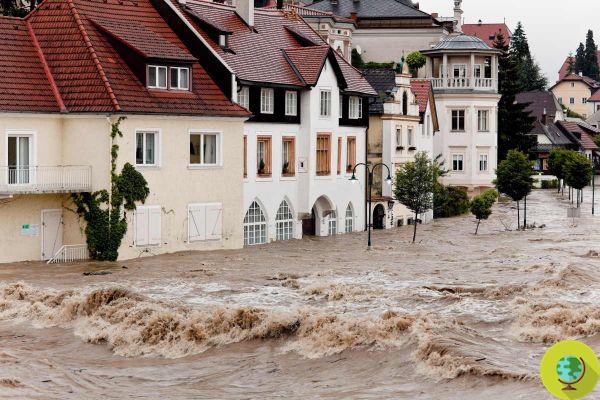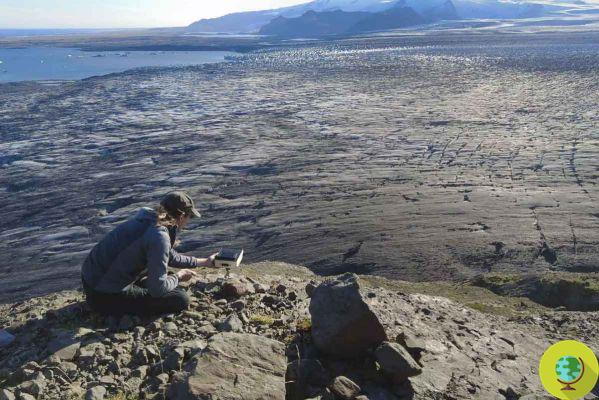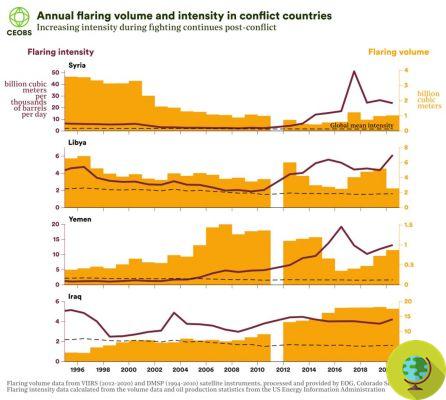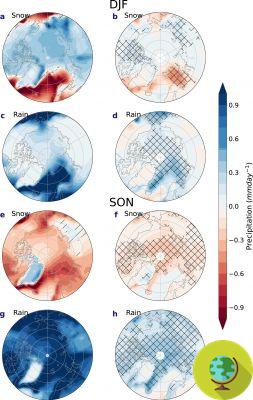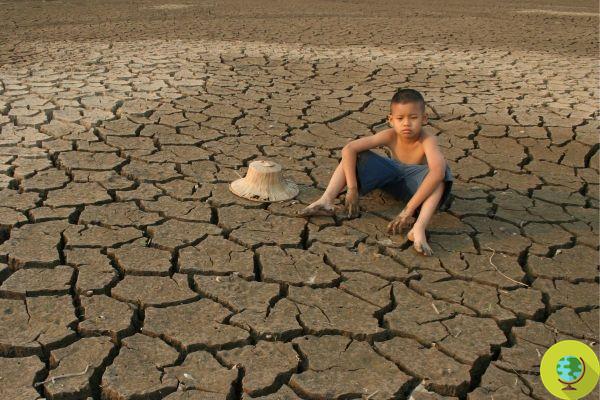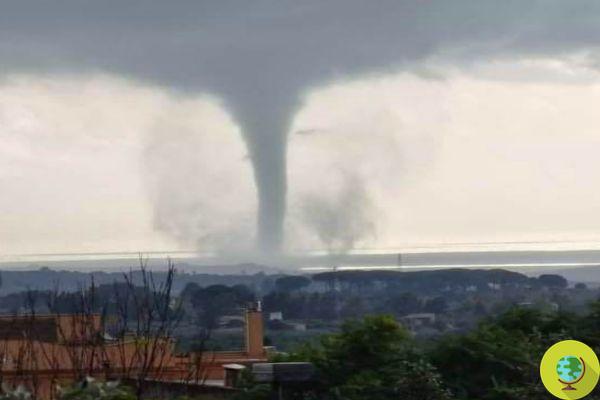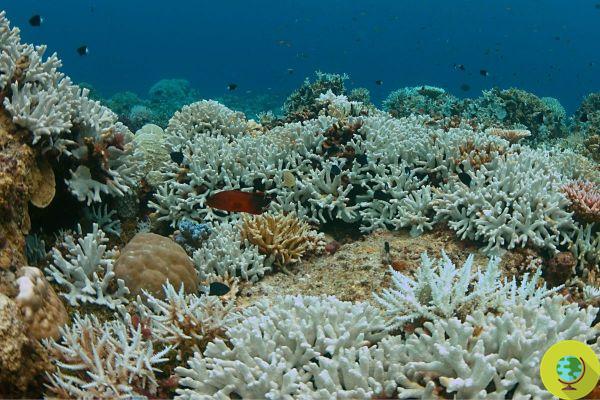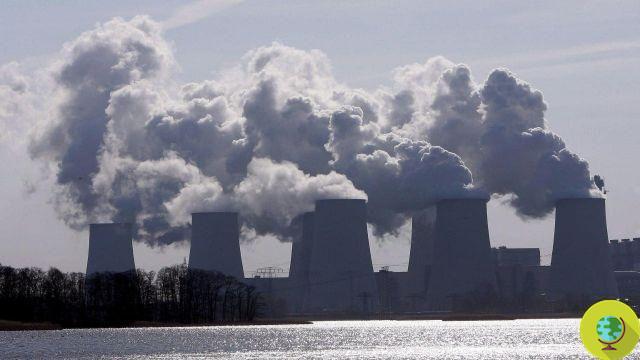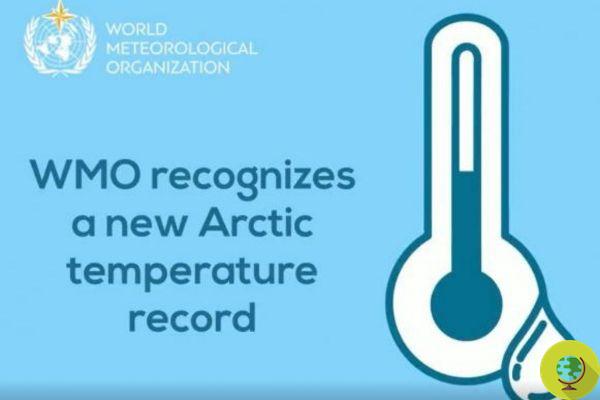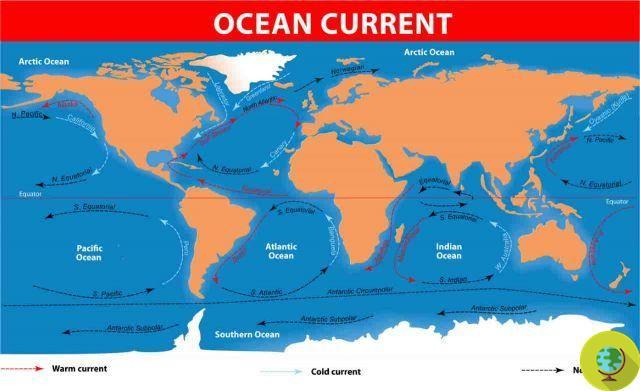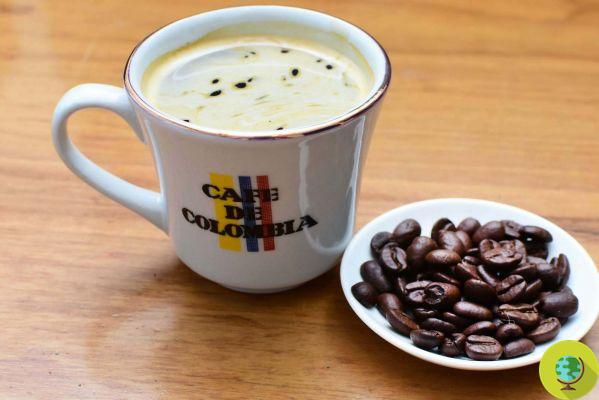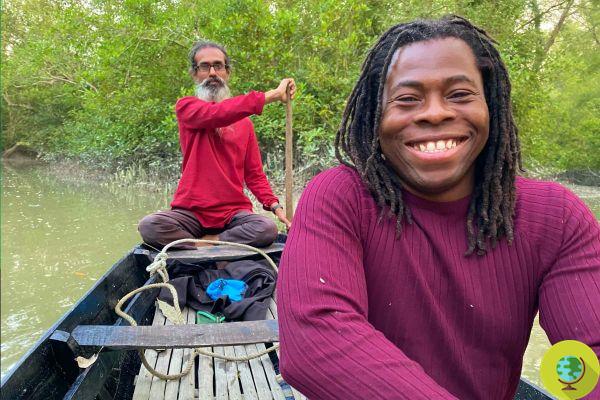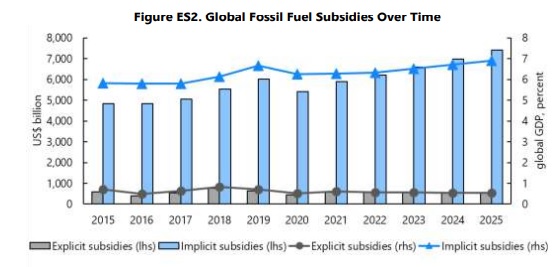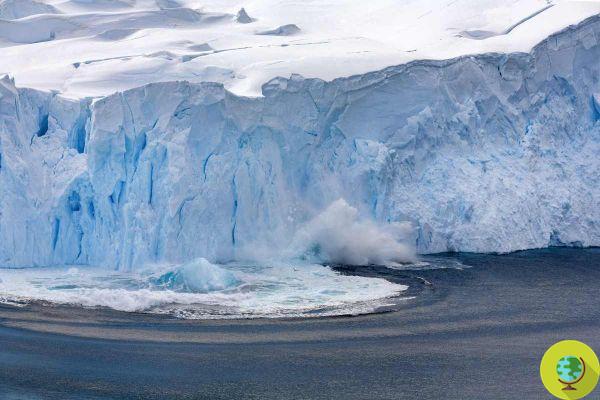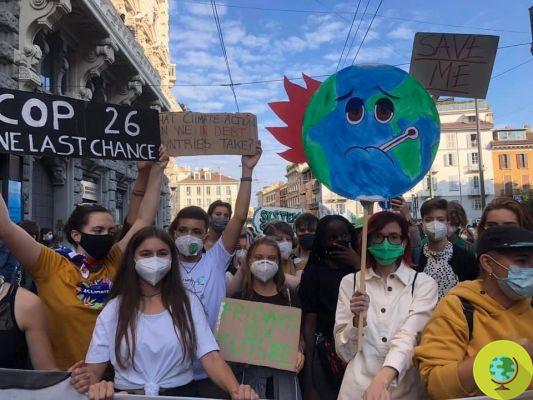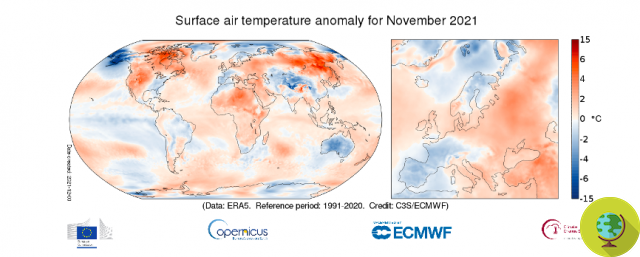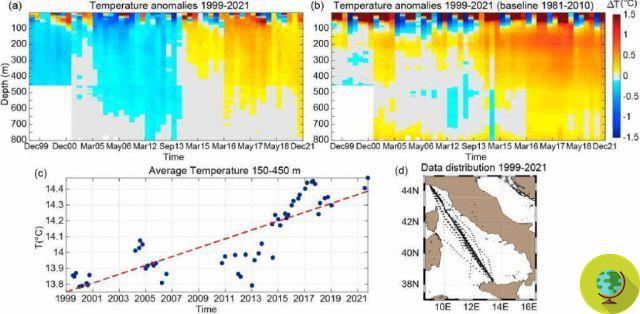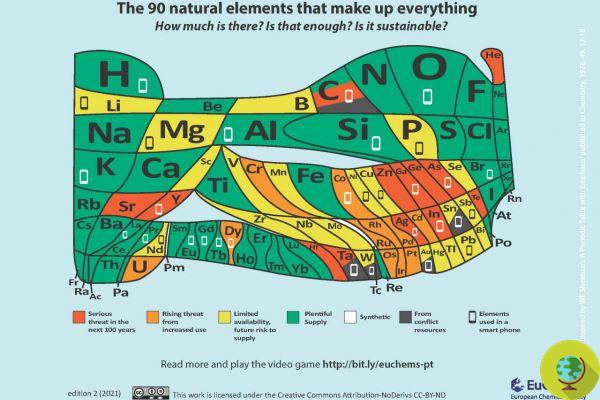Gender-based violence and early marriage are also among the effects of global warming: women represent 70% of the world's poor (1,3 billion people) and they are affected by the worst consequences of the climate crisis
Drought, heat waves and floods: the effects of the climate crisis do not spare anyone, but it is now clear that it is above all the most vulnerable and marginalized communities that are paying for them. Starting with the women of the South of the world.
It is no coincidence that this year International Women's Day is dedicated to "gender equality for a sustainable future", recognizing the primary role that women play in the fight against climate change. Extreme phenomena that are pushing to the limit the ability of ecosystems to react to the shocks that follow one another without respite and threaten the food security of millions of people, starting with women.
Read also: March 8 and rights trampled: Ukrainian women are only the last to suffer a war
According to the latest IPCC report, 40% of the world population (over 3,3 billion individuals) lives in countries "highly vulnerable to climate change" and disasters due to rising temperatures could push below the extreme poverty line another 122 million people by 2030.
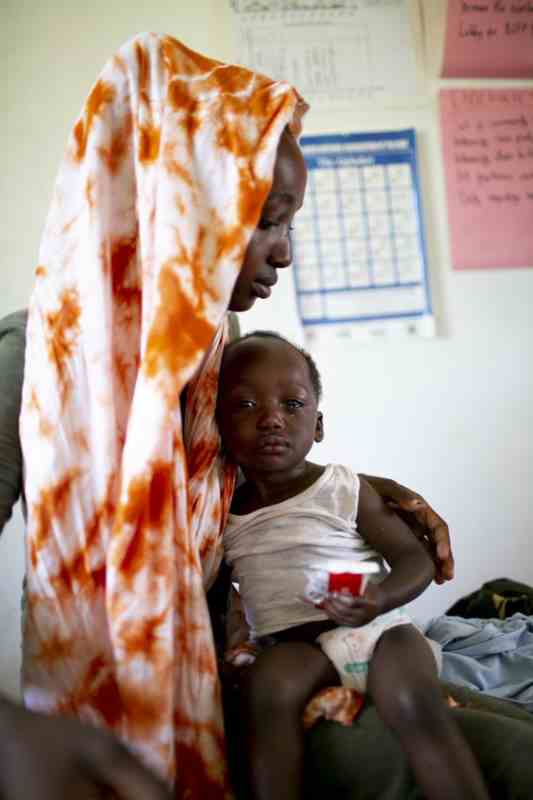
©Roger Lo Guarro
However, the impact of climate change is not the same for men and women. Indeed, women represent 70% of the world's poor (1,3 billion people) and they are more dependent on natural resources for their livelihoods. In low-income countries, 50% of women are employed in the agricultural sector but less than 15% own the land they work.
Women feed the world yet remain largely excluded from decision-making, access to credit, services and technologies.
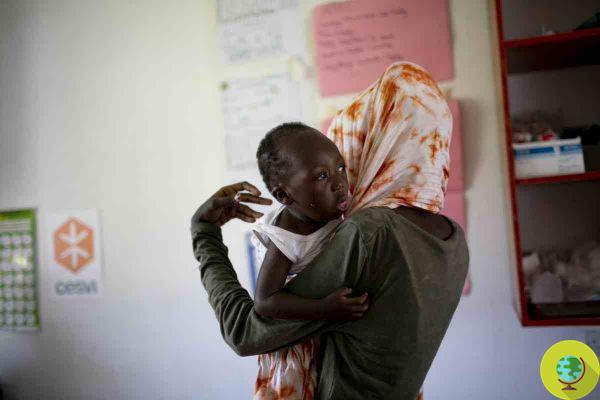
©Roger Lo Guarro
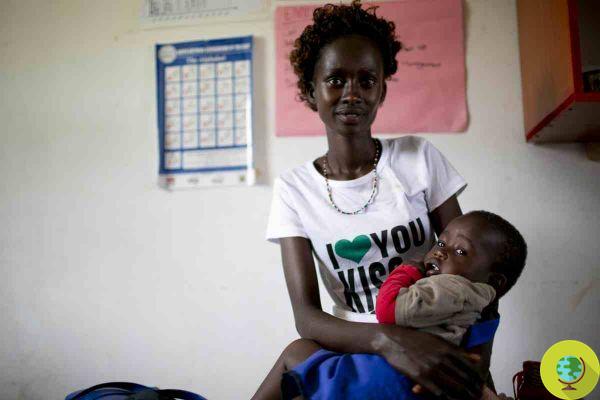
©Roger Lo Guarro
There are many ways climate change affects the lives of women and girls. Starting with the gender-based violence that increases in emergencies (cyclones, drought, floods, displacement) and in contexts of scarce resources: the task of providing the family with water and wood is in fact typically entrusted to women and this increases the risk exponentially. Child brides are also a side effect of climate change. Families resort to wedding still young daughters as a survival mechanism.
This is what happens, for example, in Kenya, where precisely for this reason programs for maternal and child health are promoted:
Girls of 10, up to 12 years old, are promised as brides to grown men in exchange for livestock. The necklaces they wear represent the family's promise to the future husband. Often one less mouth to feed is the only solution to save the daughter and the rest of the family from hunger, Veronica Nerupe, breeder from the village of Nasuroi, tells Cesvi.
Or where, unfortunately, the small livestock and poultry farmers who, like Veronica, are struggling with one of the worst droughts in recent decades:
Now I know that to sell goats you have to go to intermediaries or sell them in bulk. Thanks to the cattle, I was able to pay my children's school fees, explains the 38-year-old woman.
To reverse the trend and guarantee a sustainable future for the new generations? It is now time to intervene on gender inequalities, without forgetting also and above all the South of the world, through programs that - from seeds to livestock to equipment and access to credit and training - promote the food security of women by providing them the tools needed to achieve self-sufficiency.
This is the case of Zimbabwe, say from Cesvi, where the organization supports agricultural entrepreneurs who produce oranges, paprika and saffron in the districts of Beit Bridge and Makoni, promoting the use of technology in agriculture, from irrigation systems to solar energy systems. .
We women have more time for the family, whereas previously we spent the night in the fields. Now the irrigation is automatic and no one has to work at night, says Maria Tlou, 45 and six children.
Follow your Telegram | Instagram | Facebook | TikTok | Youtube
Source: Cesvi
Read also:
- The Google Doodle pays tribute to women around the world and their daily lives
- # 8March: the non-trivial phrases and quotes that women want to hear instead of greetings and mimosas
- March 8: because today is not Women's Day, but an anniversary




